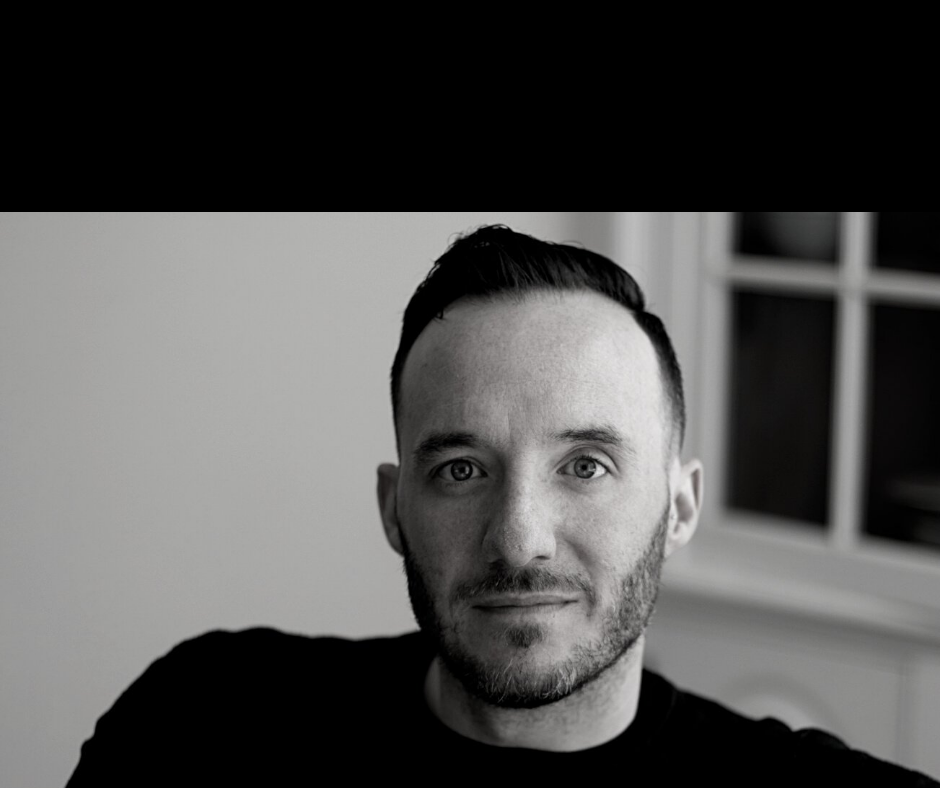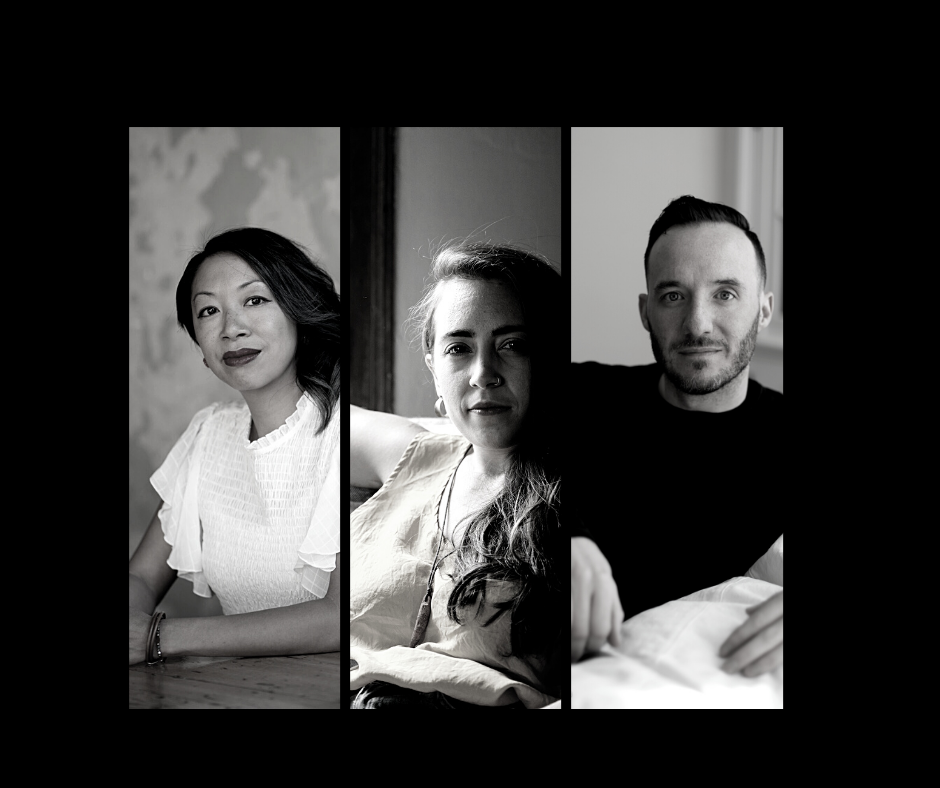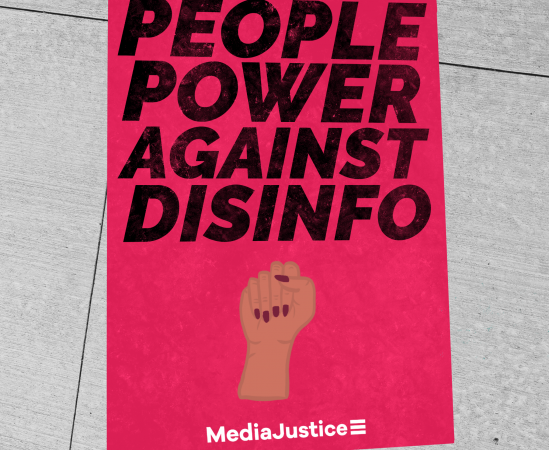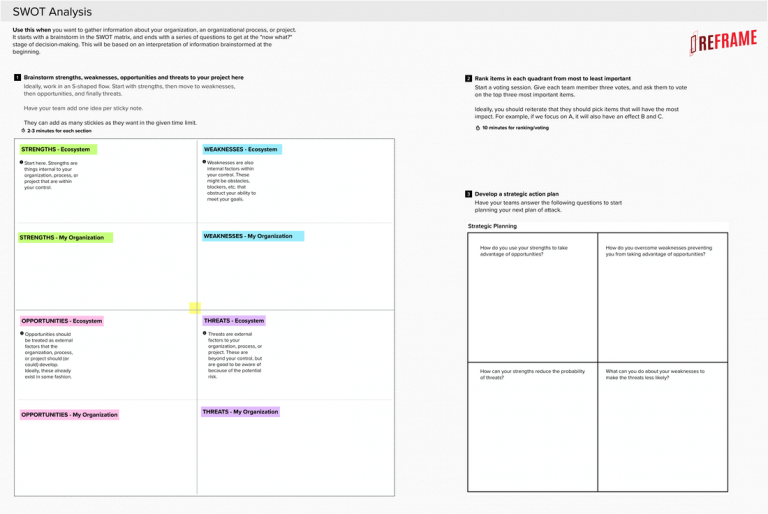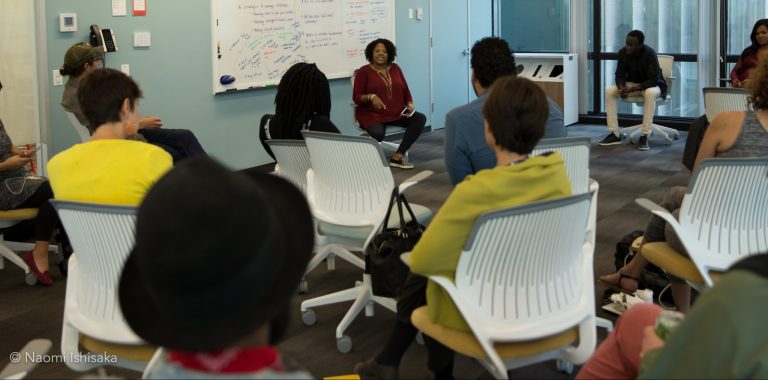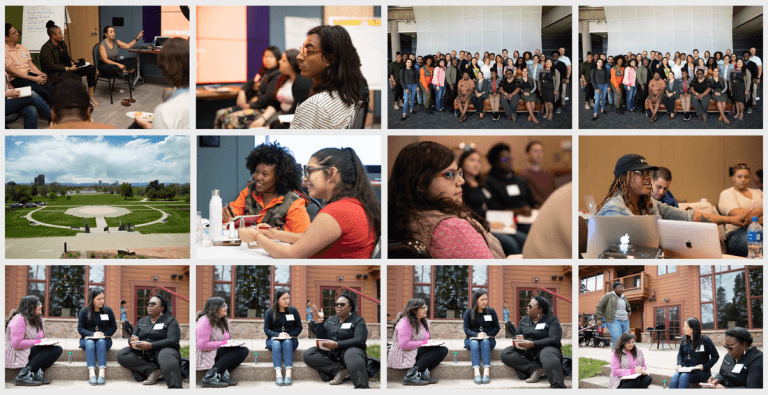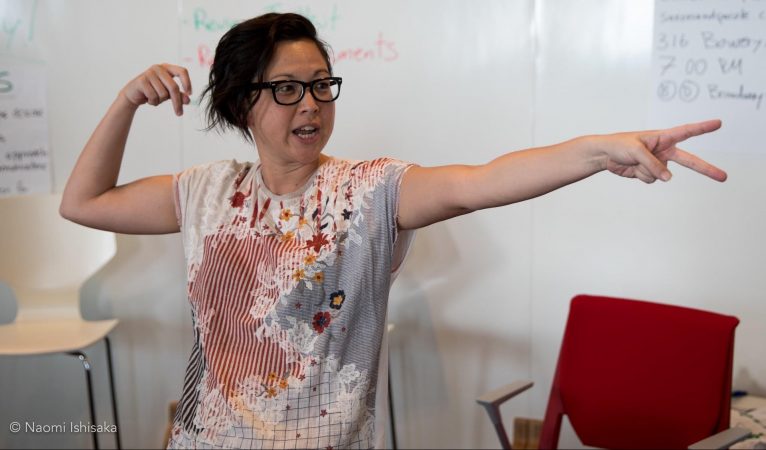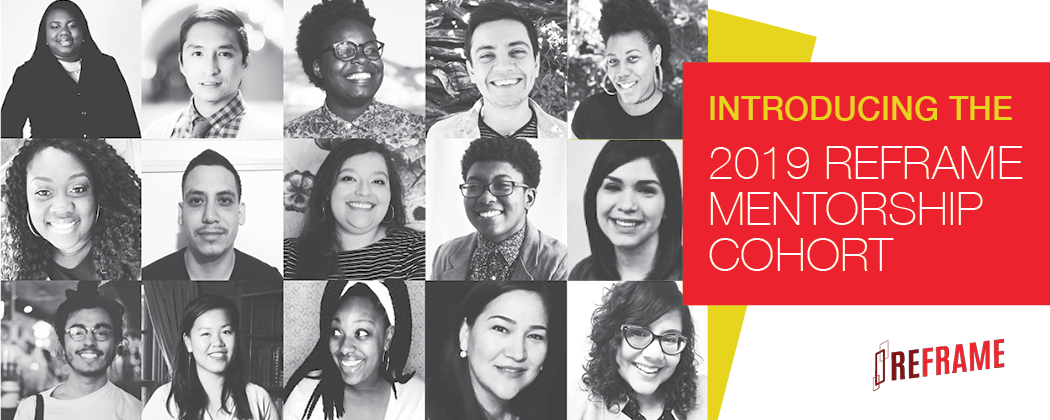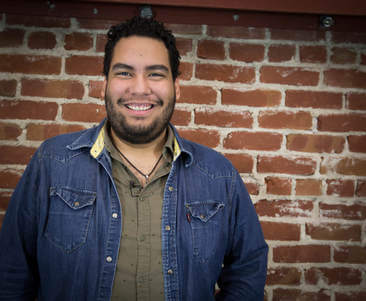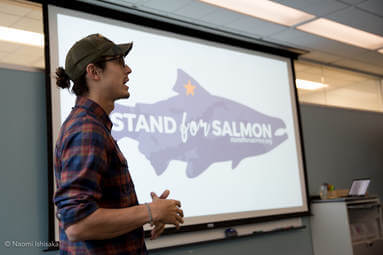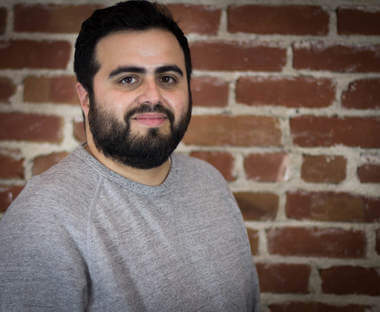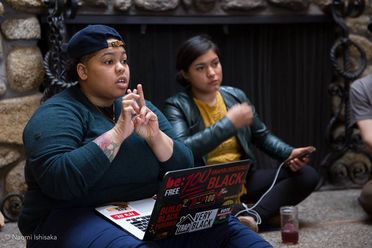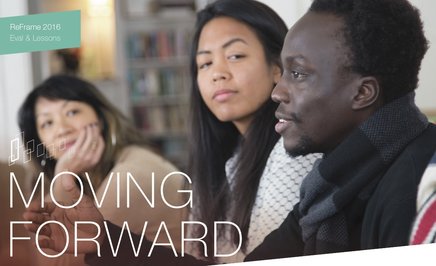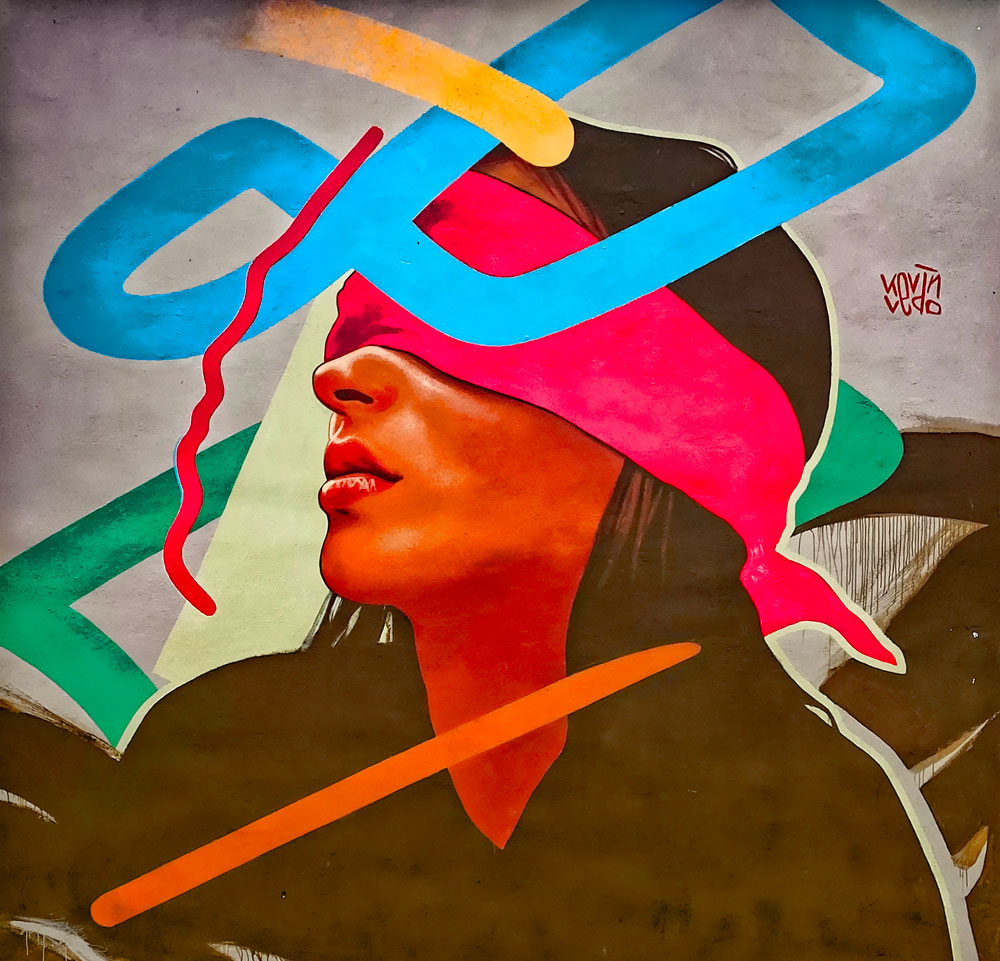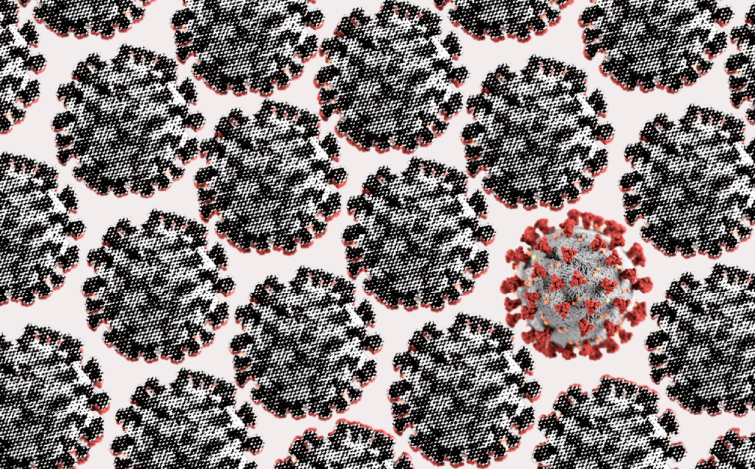I woke up early in a tent in Tennessee, and that’s when I first heard about the mass shooting at Pulse Nightclub in Orlando.
I wiped the sleep from my eyes as my cell phone pinged away with worried messages from friends and family, not to mention reporters and editors from across the country wanting a comment. This was a severe wake up call. I was at Southerners On New Ground (SONG)’s annual Gaycation where LGBTQI+ people from across the South gather for storytelling at the knees of elders, singing anthems, dancing Cumbia, performing political theater, and breaking bread over picnic tables and campfires. As queer and trans people of color, we were choosing to celebrate our abundance in the middle of fighting for our lives. That summer was intense. We were wading through the waters of the Trump campaign’s explicit targeting of Black people, immigrants, and Muslims; a rapid response effort to overturn a violent anti-trans bill (HB2) in North Carolina and its copycat legislation; and mobilizing several campaigns to transform the police, court, and bail systems in the region.
As the rest of the camp woke up, I kissed my infant child, passed him along to trusted beloveds, took some brief moments to grieve and got to work confronting this latest nightmare for my people.
I wasn’t just a member of SONG at Gaycation. I was one of the organizers who held our communications and narrative strategy. Our members across the region needed to hear from us and those reporters needed to be called back. Less than six hours had passed since the massacre, the body count was still rising and the countless news stories were already weaving together and solidifying narratives that undermined SONG’s vision of liberation in our lifetimes. This deep and painful crisis moment for us was a tremendous opportunity for our opposition. Their stories decentered queer people of color, targeted and blamed Muslims, and called for more police in our communities.
While we were running in circles, our opposition was running game. To overstate a metaphor, we were bringing a knife to a gun fight. Organizations like the National Rifle Association, state gun lobbies, police unions and other far-reaching anti-LGBTQI+ politicians and lobbying groups, were pouring millions of dollars into ads, mobilizing their bases to mass produce “organic” content, and coordinating the news media with legions of PR agencies and firms at their fingertips - all this within minutes of news breaking about the massacre.
While we didn’t have access to fancy polling and message testing, media databases or the resources to leverage dedicated capacity to wage a scaled and timely cultural battle, we did have the deep commitment of our members and the fire in our hearts.
SONG’s years of coalition organizing and network building made it possible to work with organizations like Mijente, Transgender Law Center, Auburn Seminary, and the Muslim Alliance for Sexual and Gender Diversity to build a strategy that included organizing, communications, and cultural and spiritual resilience at its core. We leveraged our integrated strategies to intervene on Islamophobic and pro-police narratives and to fortify our spirits. We successfully kept several southern Prides from increasing police presence, we increased the number of SONG members working on police accountability campaigns, and won some demands at the municipal level. Like many organizers I worked with, I felt the power in what we were able to do, but I was tired of being on the defensive. I wanted to win bigger. I wanted a more robust capacity for our communities to shift and seed narratives, in real time, in critical moments of opportunity like these.
I wanted the breadth and depth of resources our opposition used to build the arena in which we were organizing and pushing campaigns uphill. I wanted more movement-owned media infrastructure like radio and tv, more trained up leaders with keyboards at the ready not just reacting to fires set by those who would see us dead but able to start fires they would be forced to respond to. I wanted the resources to leverage the data and technology that would move us from defense to offense. Ultimately, I want us to own the arena in which the battle is fought.
What I wanted wasn’t just a desire but a strategic imperative.
Years later, I came to research and understand some of the technology behind the narrative strategy we were up against following the PULSE massacre and other rapid response moments. Our opposition isn't just polling and message testing. They’re running command centers with real time tracking of the movement of stories and information built on massive data pipelines. They are adjusting their content and earned media strategies not by the week but by the minute. Their work is not just about establishing brands and political profiles but about shaping common sense understanding on topics and issues critical to their strategic aims. The ongoing realization of how un-level the playing field is can be overwhelming, but the God's honest work and lineage of organizing in the South taught me that understanding not just the political terrain but the narrative landscape is essential to building power. If our movements could grow this capacity, we could contend for power at the level of ideas, beliefs, and values - we could set the narrative arena on which we are organizing. We can do this, I thought.
Inspired by generations of southern organizers who make a way out of no way, for the last three years, alongside ReFrame Mentorship alum Renee’ Mowatt and a brilliant team of researchers and strategists at ReFrame, I’ve worked to incubate and scale the capacity to assess the narrative landscape. This work is what brought you the Rona Report, has supported various campaigns over the last two years in understanding the narrative conditions in which they are working and now we’re launching our inaugural 2022 narrative predictions. This is just the beginning. In 2022, we’ll release more narrative content that supports us all in building the arena we need.
Check out Through the Looking Glass: ReFrame’s 2022 Narrative Predictions. Our report tracks everything from COVID-19 to pop culture moments, labor organizing to beauty trends in order to support strategists with real-time, data-driven insights into the narrative landscape.
Con Fuerza,
Hermelinda
Deputy Director















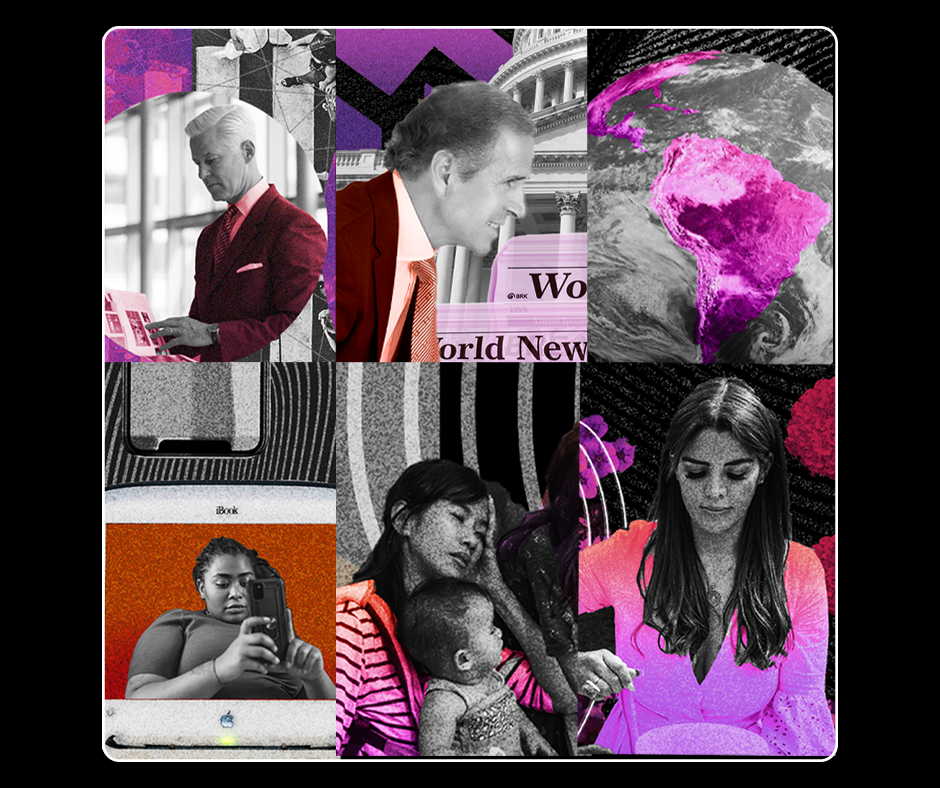
.jpeg)

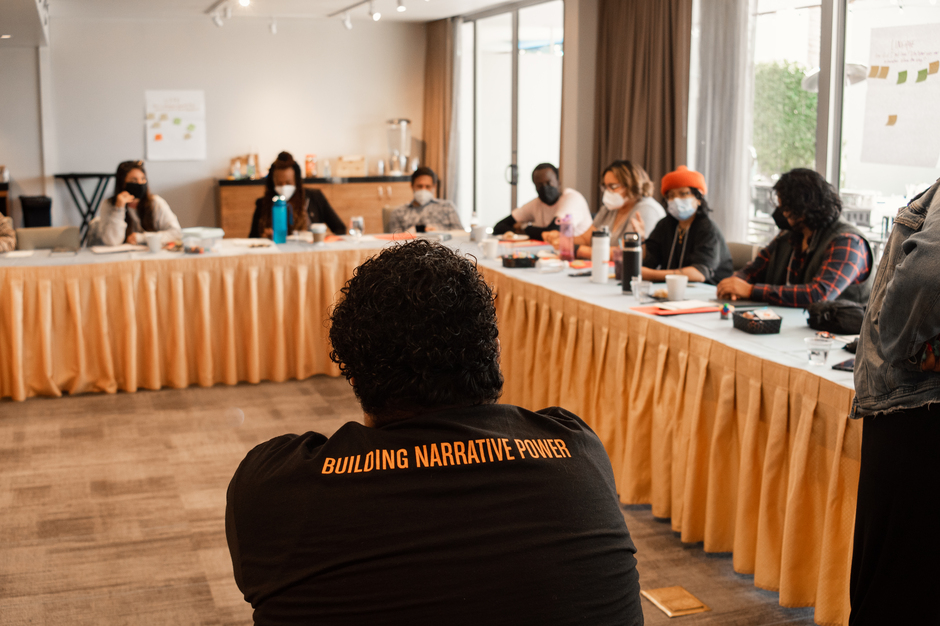
.png)

%20(1).png)




